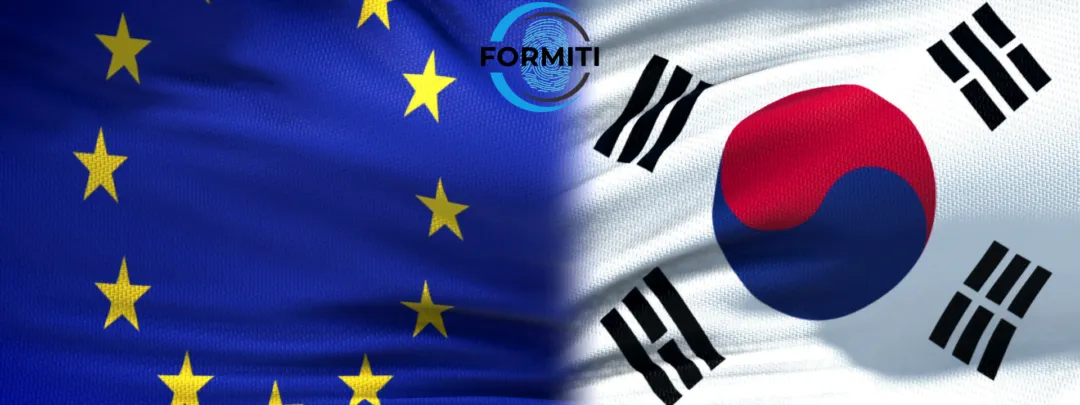Introduction
The global landscape of data privacy laws is diverse, with regulations varying significantly across jurisdictions. A prime example is the comparison between South Korea’s Personal Information Protection Act (PIPA) and the European Union’s General Data Protection Regulation (GDPR). At Formiti Data International Ltd, we have extensive experience in navigating these complex laws with our bespoke Elastic Privacy Framework, and in this article, we explore the nuances of the South Korea PIPA vs The GDPR
1. Scope of the Laws
Personal Scope: PIPA and GDPR apply to entities that process personal data. However, GDPR has a broader scope regarding the entities it covers, including non-EU-based companies processing EU residents’ data.
Territorial Scope: GDPR has a significant extraterritorial reach, applying to entities outside the EU processing EU residents’ data. While comprehensive within South Korea, PIPA has a more limited extraterritorial scope.
Material Scope: GDPR covers the processing of personal data wholly or partly by automated means, while PIPA applies to all forms of personal data processing, automated or otherwise.
2. Key Definitions
Personal Data: Both laws define personal data as information relating to an identified or identifiable natural person. PIPA refers to this as ‘personal information’.
Pseudonymisation: GDPR strongly emphasises pseudonymisation as a means to enhance data protection, while PIPA acknowledges it but with less emphasis.
Controller and Processor: GDPR distinctly defines data controllers and processors, whereas PIPA generally refers to ‘personal information controllers’ without a clear distinction.
Children’s Data: GDPR specifically addresses children’s data, requiring parental consent for processing data of children under 16 (or a lower age if specified by member states). PIPA also includes provisions for children’s data but is less specific about age thresholds.
3. Lawful Basis for Processing
GDPR requires a lawful basis for data processing, such as consent, contract, legal obligation, vital interests, public task, or legitimate interests. PIPA primarily focuses on consent, with less emphasis on alternative lawful bases.
4. Individual Rights
GDPR and PIPA grant individuals rights over their data, including access, rectification, deletion, and data portability. However, GDPR provides a more extensive range of rights, such as the right to be forgotten and to object to processing.
5. Data Protection Officer and Representative Appointments
Appointment of a Data Protection Officer (DPO) is mandatory in certain circumstances under both GDPR and PIPA. However, GDPR has more stringent requirements for DPO appointments. GDPR also requires non-EU entities to appoint an EU representative, a provision not mirrored in PIPA.
6. Enforcement
Monetary Penalties: GDPR is known for its hefty fines, with penalties of up to €20 million or 4% of global turnover. PIPA also imposes fines, but they are generally lower than GDPR’s.
Supervisory Authorities: Both laws establish supervisory authorities to enforce data protection standards, with each EU member state having its own authority under GDPR.
Civil Actions for Individuals: GDPR and PIPA allow for civil actions by individuals, although GDPR provides a more explicit framework for such actions.
Conclusion
In conclusion, while there are similarities between PIPA and GDPR, significant differences exist in their scope, definitions, enforcement mechanisms, and individual rights. Understanding these differences is crucial for businesses operating in multiple jurisdictions. At Formiti Data International Ltd, we leverage our vast experience in global data privacy laws and our Elastic Privacy Framework to help clients navigate these complex regulations efficiently and effectively, ensuring compliance while supporting business objectives.

